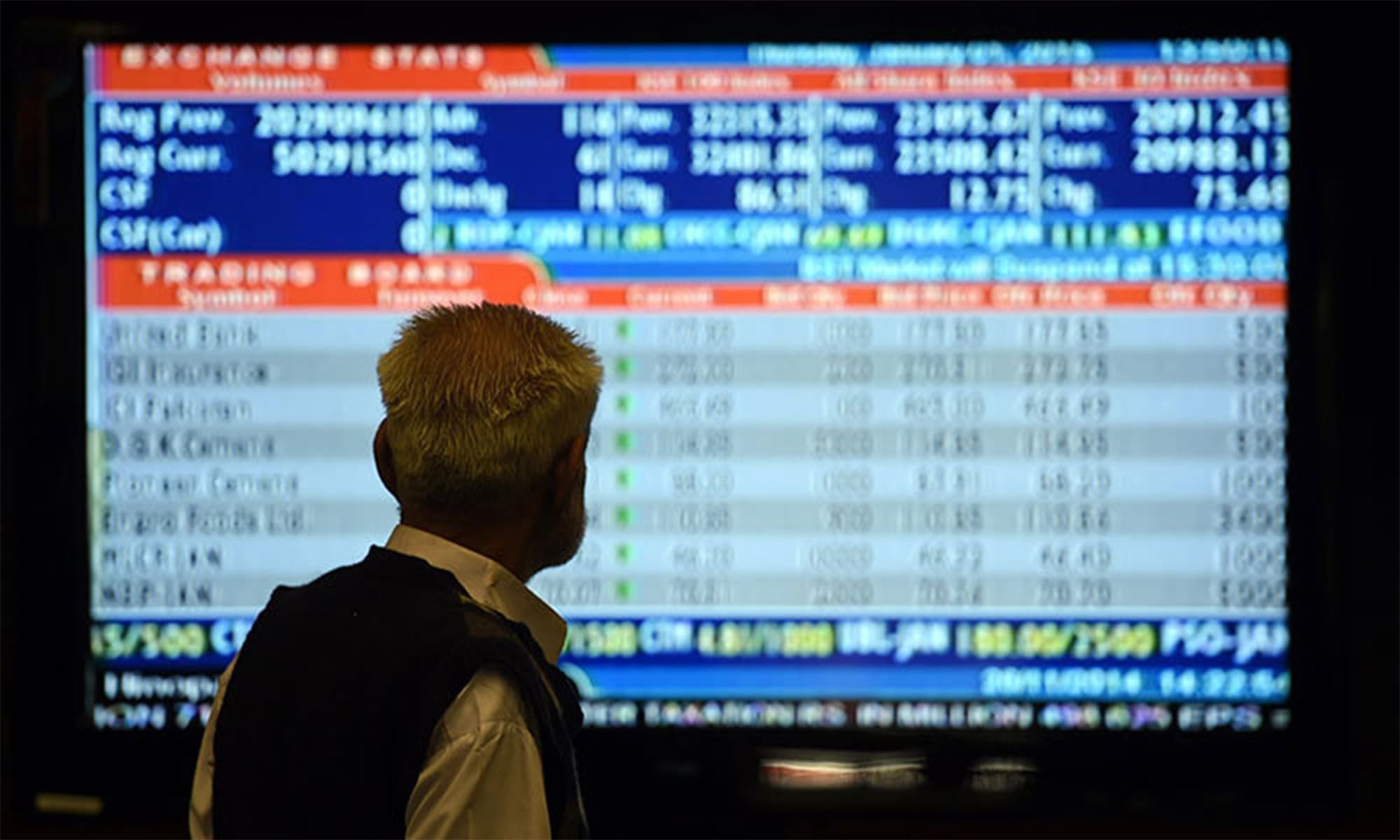AFTER mulling various options, the PTI-led government has finally decided to approach the International Monetary Fund (IMF) for a three-year ‘stabilisation and recovery programme’. The decision was precipitated by a ‘bloodbath’ on the trading floor of the stock exchange and growing depreciation pressure on the rupee.
Market perception, shared by the IMF and independent economists, was that the rupee devaluation and policy interest rate hikes, while a step in the right direction, are an inadequate response to the currency turmoil in emerging markets and surging petroleum prices. The increasing import bill continues to outpace cumulative greenback earnings from merchandise, services and manpower by a widening margin.
To quote a World Bank South Asia Economic Focus report titled ‘budget crunch’, Pakistan’s “ability to withstand external shocks has diminished and appropriate policy responses are required to absorb future shocks.”
Over the course of a year, the national currency has been devalued five times and by 26pc against the greenback since December. The central bank aggressively increased policy interest rate by 100 basis points to 8.5pc in late September, taking the cumulative hike to 275 bps since January. But all that won’t be enough to prevent another depreciation, says international research agency Fitch.
There is no easy solution in sight to achieving stability with sustained economic growth which is encumbered by the much frequented systemic (financial) crises
To tackle agitating issues the IMF mission, which recently visited Pakistan, recommended a traditional approach — more exchange rate flexibility, further tightening of monetary policy, hikes in utility prices, rehabilitation of bleeding state-run units and enhancement of tax revenues — a path policymakers are already taking to achieve macroeconomic stability.
The volatility in exchange rate and its consequences have become a critical problem in putting many emerging economies, including Pakistan’s, on their feet.
While a flexible exchange rate absorbs shocks to capital flows, a sustained surge in currency appreciation undermines industrial exports, and in case of depreciation can force economic contraction and financial meltdown, says a recent study by the Geneva-based South Centre — an inter-governmental body of developing states.
In latest developments, it is being speculated that the IMF’s flexible exchange policy stance may soon come under review. Commenting on the appointment of Harvard Professor Gita Gopinath as the new IMF chief economist, London-based The Economist wrote on October 6 “the appointment puts another pillar of orthodoxy regarding the benefits of flexible exchange rates on notice.”
Her most famous works are on ‘dominant currency paradigm’ in which she argues that “the strength of dollar drives trade flows and prices. Floating currencies provide less of a cushion.”
Much of the problem lies in the fact that the greenback — both a national as well as an international currency — serves as the main store of value and a reserve currency worldwide.
Any variation in the dollar value, whether caused by internal or external factors, impacts the exchange rates of emerging markets and sets the pace of international capital flows, whether legal or illegal. In a cyclic movement, capital is concentrated in global financial centres and redistributed to periphery states. Thus, the national currencies of developing states, including the Pakistani rupee, depreciate both for domestic and external reasons.
And the continuous currency depreciation widens the gap between the purchasing power parity of a national currency, as in Pakistan’s case, so that its official parity with the dollar (intervention currency) worsens the terms of trade, raises the cost of transaction and results in transfer of resources abroad.
The South Centre study argues that strengthened prudential regulations are a defence against the destabilising effects which capital flows have on the domestic market but lack control over the creation of external shocks. Substantial foreign exchange reserves, built to hedge against currency speculation and external shocks, have a cost owing to low returns on reserves holdings, and are vulnerable to dollar outflows.
Going by case studies of successful economic development in certain emerging markets, the report suggests a sound strategy to seize opportunities in globalisation and minimise external shocks.
The IMF bailout would provide a breather to address some of the structural imbalances in the economy. Poised to enter a new CPEC-driven phase of industrialisation, policymakers and businesses are mulling a correction course on the premise that a dollar saved is as valuable as dollar earned.
In this new evolving approach, import-substitution is being coupled with export-oriented industrialisation. That prime minister’s adviser Razak Dawood who holds the portfolios of both industry and commerce, will help deal with issues in a coherent way.
Mr Dawood recently advised the local industry to be prepared to face risks in the proposed CPEC industrial zones but hastened to add “we will ensure that our industries are adequately protected.”
The Board of Investment has been asked to finalise an incentive package for prioritised special economic zones without delay as a Chinese delegation of state-owned companies is due in October for ‘signing various projects.’ The areas in which investment are being solicited include petrochemicals, iron and steel, textiles, mines and minerals.
Incidentally, the commerce division will serve as a secretariat of the Council of Business Leaders with Mr Dawood as president and Commerce Secretary Mohammad Younus Dagha as council secretary. Headed by the Prime Minister, the council will help to resolve inter-ministerial issues in exports and imports.
But the challenge to rapid industrialisation, at least in the short- to medium-term, lies in fast depreciating rupee, rising policy interest rate, stipulated increase in electricity, petroleum and gas prices — all stabilisation policies — which will raise the cost of investment and production.
To sum up, it is necessary to opt for a temporary protectionist foreign trade policy while building a competitive domestic economy. There is no easy solution in sight to achieving stability with sustained economic growth which is encumbered by the much frequented systemic (financial) crises.
Published in Dawn, The Business and Finance Weekly, October 15th, 2018














































